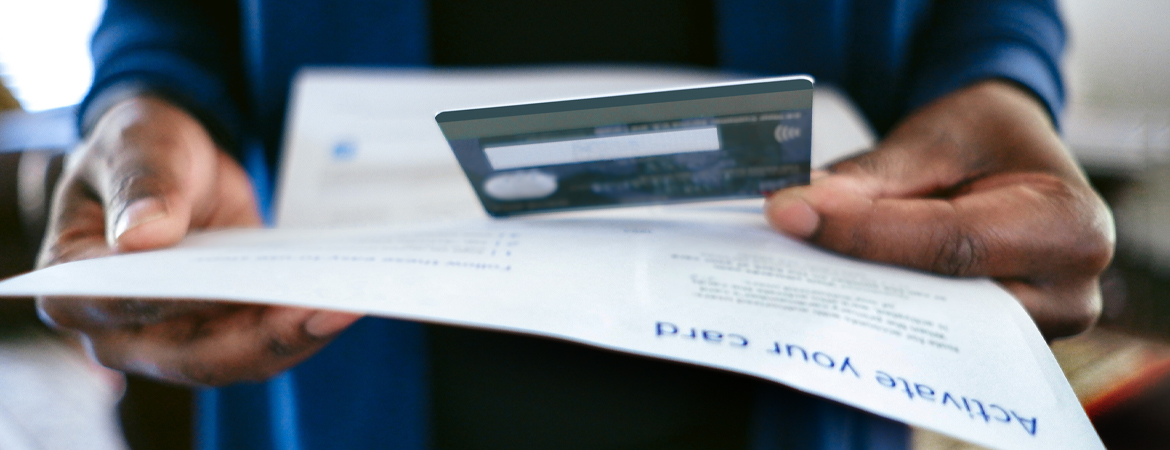What’s the Purpose of a Credit Card?
Credit cards help build credit history, which can help you in the future when you need to borrow larger amounts of money from lenders for big purchases, like a home. Lenders for those large loans will be able to view your ability and credibility to pay back what you’ve borrowed.
A credit card also offers the convenience of not having to carry cash with you and grants you the ability to shop online when you physically can’t pay with cash.
They offer security when you shop because, unlike someone stealing your cash, you can dispute fraudulent charges and cancel your card to prevent unauthorized people from using it if it’s stolen. Using credit cards can also better protect your money from fraud and skimming devices than using debit cards directly linked to your checking account.
Many creditors offer rewards for using their cards. Most will let you earn points that you can exchange for gift cards or other items like plane flights. Some offer cash back that you can transfer to your checking account.
Treat Your Card Like Cash
Practice spending only what you can immediately pay back on your credit card. To aid with this, you can set up notifications on your checking account that you pay your credit card from to let you know when you’re nearing a low balance. This will help you make sure you have enough for your credit purchases.
Set Alerts for Transactions
Setting up alerts for transactions helps you stay mindful of how much you’re spending, not just in a single transaction, but over the course of multiple days, the week, or for the month. Plus, with instant alerts, you’ll catch any transactions you don’t recognize or aren’t expecting, and can dispute the fraudulent charges immediately.
Don’t Max Out Your Credit Line
Using the full credit line of your credit card will cause your credit score to drop, even if you pay it all back. And if it’s not paid back in full, it can also lead to increased monthly minimum payments, increased interest rates, and rejected applications for other loans.
Pay in Full and on Time
It’s best to pay your credit card bill in full and on time to avoid being charged interest on remaining balances. Paying only the “minimum payment due” will help you avoid late or no-payment fees, but your expenditures will still accumulate interest and you’ll end up paying more than what you borrowed. If you pay your bill in full every month, you’ll only be paying back exactly what you’d used to make your purchases on credit.

